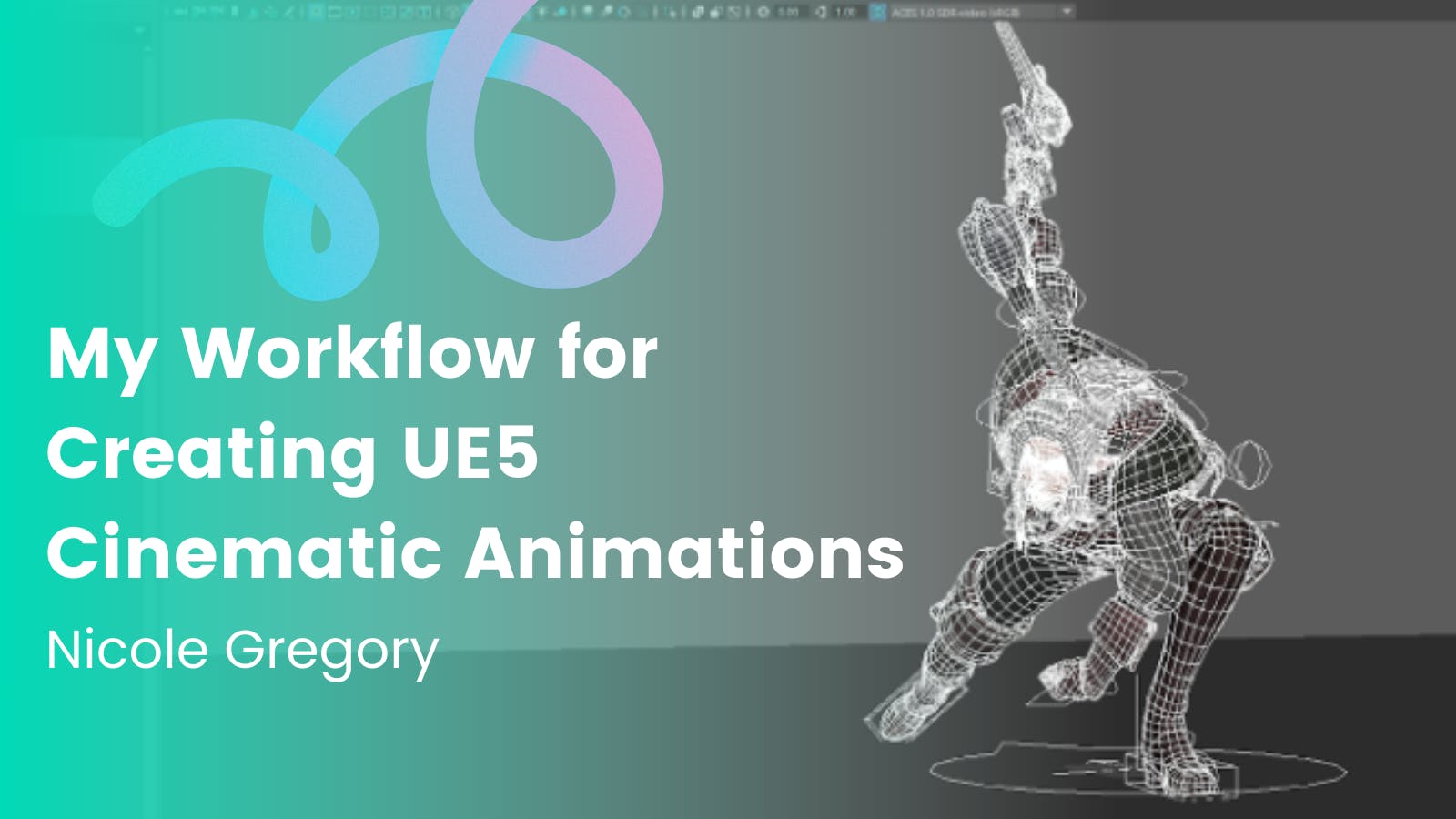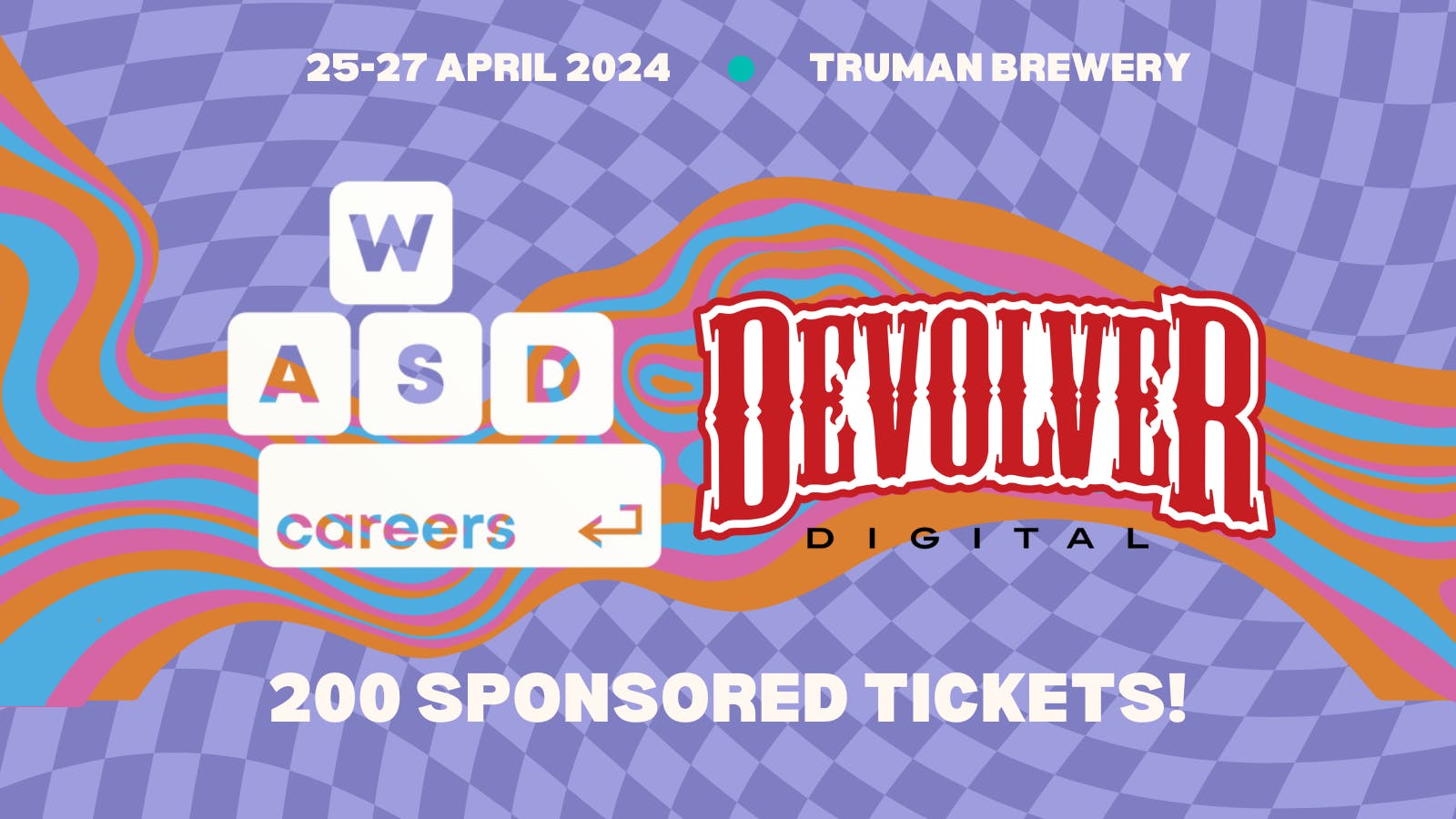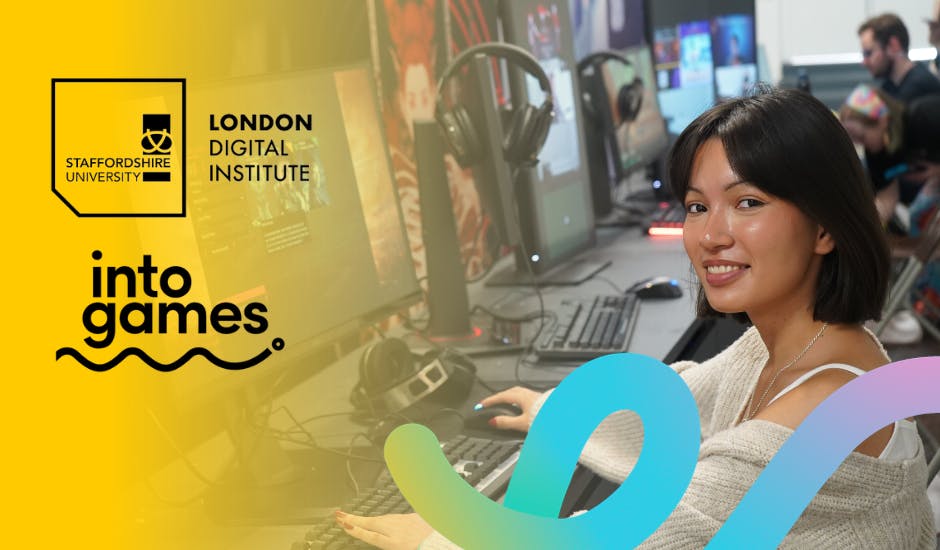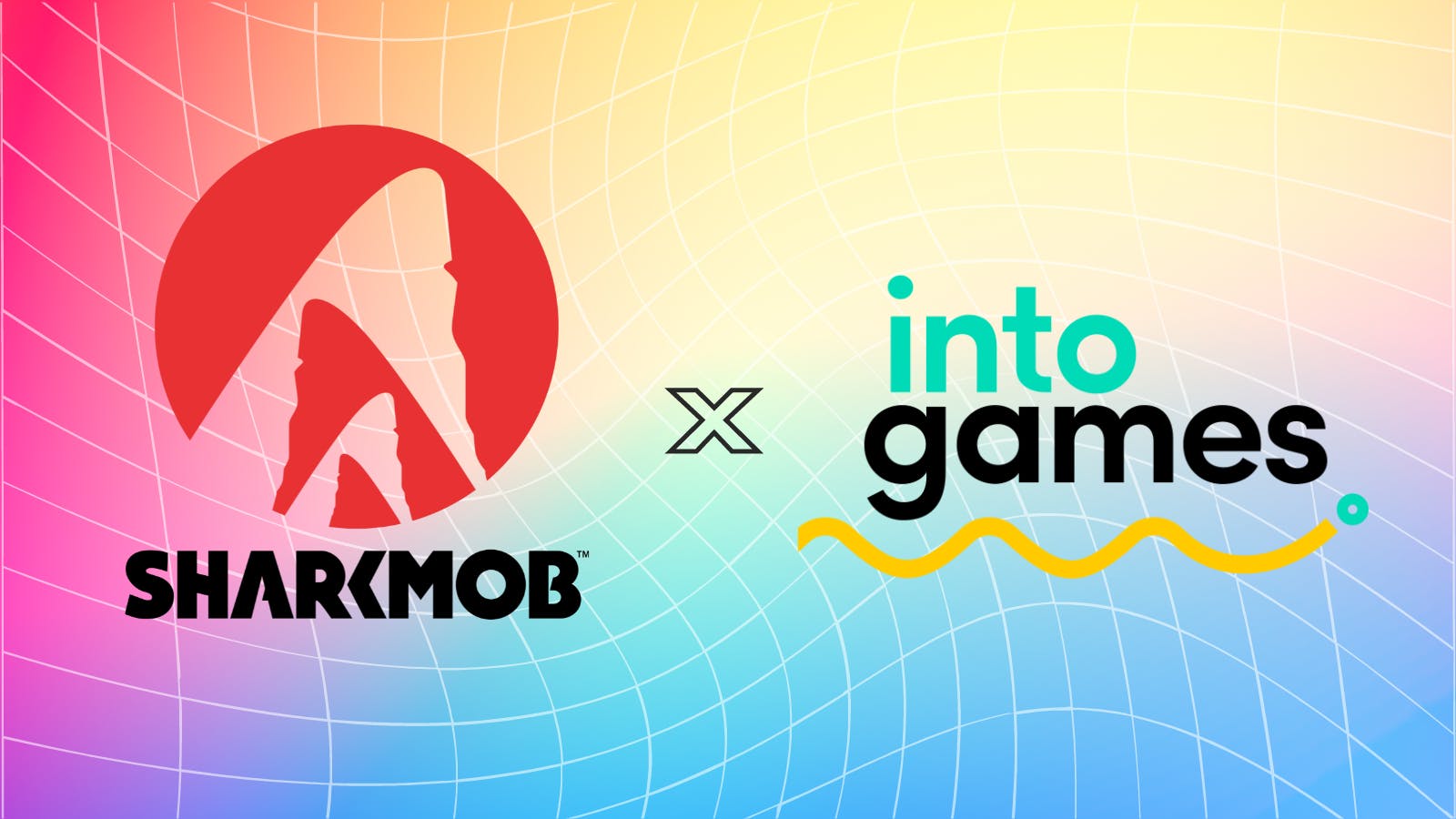YOUR LEARNING JOURNEY
Most people working as a Physics Programmer have a degree in physics, engineering, games or computer science. Above all, you should be someone who loves technology, coding and creative problem-solving.
As a professional, you will be applying real-life physics like gravity, force and energy into the game. The most popular game creation engines use the coding languages, C++ (Unreal) or C# (Unity), but languages like Java and HTML5, are also used depending on the game type. Check out our guide to programming languages for more information.
Working in the games industry is highly competitive and you’ll need to make sure your CV stands out to employers and course leaders.
Physics Programming is a specialist role and many begin their career in junior programmer positions to work their way into this profession. Your CV should show a passion for games and outline a range of coding skills and achievements. For more general ideas on developing your CV, see our top tips page.
Whatever role you are working in, it is essential that you understand the game making process. You can head to our build a game section for first steps; join a regular game jam to build up your skills & network; or start modding others games to gain experience.


.png?ixlib=gatsbyFP&auto=compress%2Cformat&fit=max&w=1600&h=900)


.png?ixlib=gatsbyFP&auto=compress%2Cformat&fit=max&w=1600&h=900)
.png?ixlib=gatsbyFP&auto=compress%2Cformat&fit=max&w=1600&h=900)